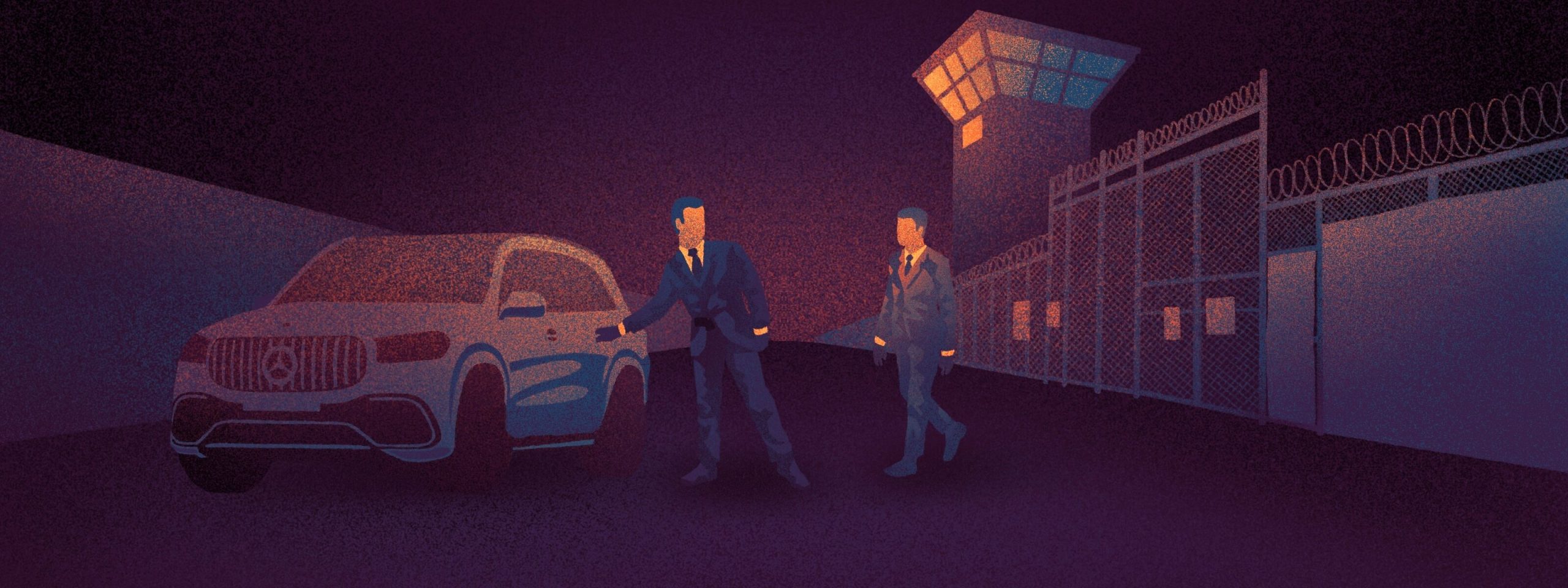The former paramilitary commander and drug lord, alias “Memo Fantasma,” may walk out of prison in Colombia on June 28. If released, his high-level connections and millions in criminal assets could result in witnesses being threatened, or in Memo disappearing altogether.
Guillermo León Acevedo Giraldo, facing charges of money laundering alongside his mother and grandmother, is seeking his release after spending a year in prison on pre-trial detention. The Attorney General’s Office scheduled a hearing to request another year of pre-trial detention on June 3, but Acevedo did not show up for the virtual audience, despite the fact he is being held at La Picota prison in Bogotá. Requests sent to Colombia’s prison service, Instituto Nacional Penitenciario y Carcelario (INPEC), to explain how a prisoner could skip a judicial hearing, went unanswered.
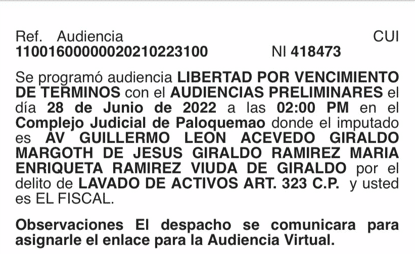
Acevedo is the definition of a flight risk. InSight Crime has obtained evidence of Memo Fantasma being connected to drug trafficking activities in Mexico, Venezuela, Spain, and Australia. The contacts needed to smuggle drugs through these nations would also give him the opportunity to live under the radar.

And he has the money to do so. InSight Crime estimates he has earned more than $100 million during his criminal career and has discovered more than three million euros belonging to Acevedo in Spain, as well as large sums of money being moved through the UK and Italy. This suggests Acevedo has money stashed in at least these three European nations.
A greater worry is the risk that he may seek to intimidate witnesses and manipulate the legal process.
SEE ALSO: Memo Fantasma, Colombia’s Underworld Ghost, is Captured in Bogotá
“If Memo gets out of prison, he is capable of ordering the murder of key witnesses and anyone who can do him damage,” said alias ‘Charlie.’ “I can confirm that he has sent emissaries to convince and threaten former narcos and paramilitaries not to talk.”
Charlie is a short, unremarkable man who dresses modestly. He spent twelve years as Acevedo’s personal assistant, when Memo Fantasma was at the height of his criminal power, managing contacts with other drug traffickers and taking care of the accounts. He was also in charge of paying off Memo Fantasma’s payroll, which included not just criminals but lawyers, police officers, politicians, and officials in the Attorney General’s Office.
Charlie reached out to InSight Crime after our investigation exposing Acevedo as Memo Fantasma was published in March 2020. Since then, I have conducted more than 200 hours of interviews with Charlie and met him in person three times. Over more than two years of exhaustive questioning and verification, I have not been able to catch him in a single lie. Different parts of his story have been verified by 14 other drug traffickers or former paramilitaries consulted.
He has lived off the grid since February 2010, after his best friend was murdered in a hit he believes was ordered by Acevedo. He does not even have a mobile phone.
“Memo gave the order to kill ‘Pájaro’ and I, via ‘Super.’ Pájaro died that day but I survived, by pure chance, as I had not met Pájaro as planned. The hit was carried out by [a sicario called] ‘Draculín’, with another called ‘Pelusa,’” explained Charlie.
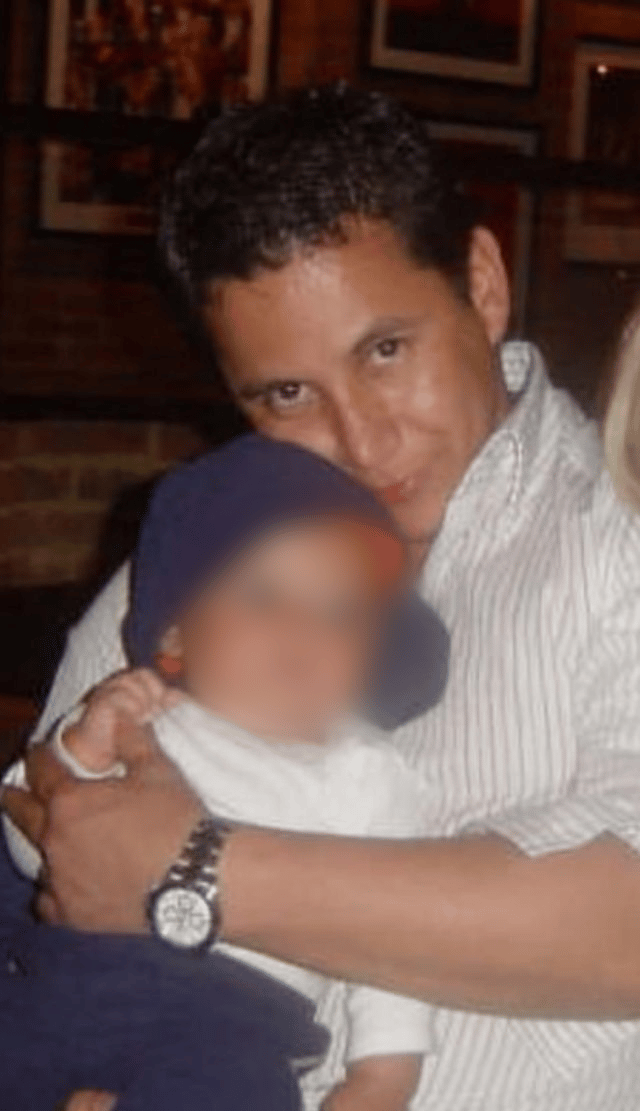
Pájaro (or “Bird” in English) was Jhon Jaiber Henao, a pilot in charge of much of Memo Fantasma’s drug trafficking transport infrastructure. Super is John Jairo Florez, who has acted as Acevedo’s right-hand man since the days of Pablo Escobar’s Medellín Cartel. Draculín’s real name is Héctor Muñoz, once the head of La Milagrosa, a criminal collection agency (oficina de cobro) that also conducts assassinations.
Pájaro was shot on Avenida 80 in Medellín on February 2, 2010. He died soon after at the nearby hospital of Clinica Las Américas. Charlie conducted a thorough investigation after the murder of his friend and spoke to someone who was at the scene during the killing. The witness identified Draculín as the assassin.
InSight Crime has corroborated Charlie’s version of events with members of Pájaro’s family and other underworld sources. All believe that Acevedo was behind the killing, although there are competing versions as to why. The first version is that Pájaro had stolen money from Acevedo, which he had been tasked with delivering to another drug trafficker. The second is that Pájaro had started working with one of Acevedo’s drug trafficking rivals and had made use of Memo Fantasma’s contacts and criminal infrastructure. This was something which Acevedo could apparently not tolerate.
Charlie firmly believes that Super was the go-between for Acevedo with La Milagrosa, including on the order to kill Pájaro. Super and Acevedo go back a long way. They were childhood friends who entered the drug business together. They worked for the Medellín Cartel in the United States, where Super was arrested and imprisoned. After being released from prison in May 1999, Super returned to Colombia. Charlie was there with Acevedo when he went to pick up his old friend at the airport.
By this time, Memo Fantasma was firmly embedded with Colombia’s paramilitaries. He had helped set up the Central Bolívar Bloc (Bloque Central Bolívar – BCB) of the United Self Defense Forces (Autodefensas Unidas de Colombia – AUC) with Carlos Mario Jiménez, alias “Macaco.” Super apparently took over as Memo’s right-hand man in the BCB and oversaw all drug trafficking operations, while Memo personally took care of the work with the paramilitaries. Super now lives in Bogotá.
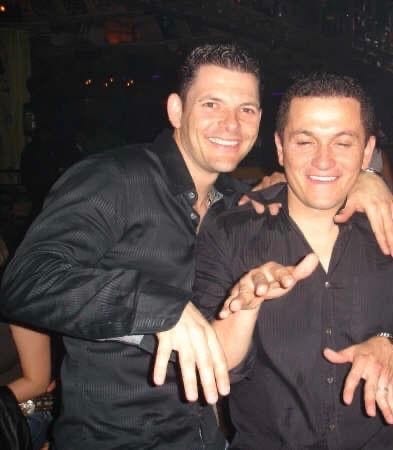
The killing of Pájaro caused shockwaves in the Medellín underworld. He was well-known and popular.
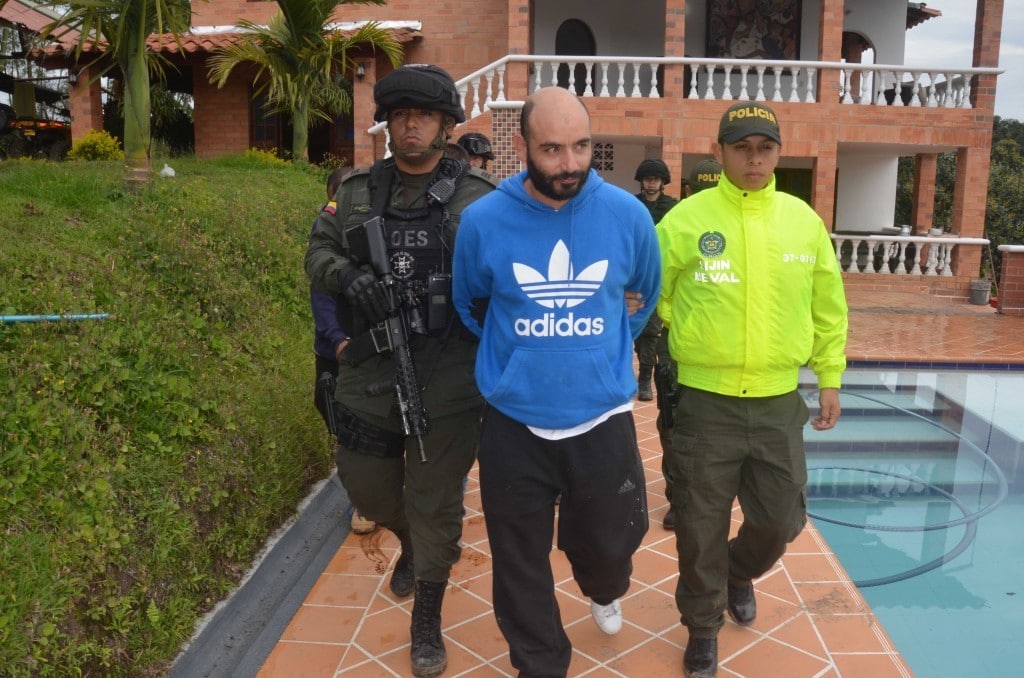
Draculín was arrested in February 2018 for his role within La Milagrosa and other criminal gangs. But while he is now in prison, La Milagrosa still operates as a criminal structure in and around Medellín.
“Memo armed and recruited La Milagrosa. He was their patron. He will still have links with them and be able to commission killings today,” explained Charlie.
Multiple sources have stated that Acevedo maintains a close relationship with the Oficina de Envigado, the dominant criminal force in Medellín, to which La Milagrosa belongs. They cited this as the reason why they would not go on the record. If Acevedo was prepared to kill one of his closest associates and friends for “betraying” him, what would he do to anyone else who revealed any information about him?
Problems with Prosecutors
On May 26, 2020, less than two months after InSight Crime’s investigation exposing Acevedo was published, Colombia’s Attorney General Francisco Barbosa publicly confirmed that Acevedo was Memo Fantasma and was also known by his paramilitary alias of “Sebastian Colmenares.” He cited a judicial report that found Acevedo had a criminal history dating back decades.
Despite this, the operation to capture Acevedo did not occur for over a year until June 2021. Unusually, Colombia’s police chief, General Jorge Vargas, was personally involved in the operation. Vargas spent much of his career within police intelligence (Dirección de Inteligencia Policial – DIPOL) and helped build it into one of the most respected units of its kind in Latin America. He was not likely to take a leading role in such an operation, nor to make public declarations, without being sure of his facts.
“Memo Fantasma was identified in 2006 by various paramilitary leaders of the AUC, especially the Central Bolívar Bloc, where he was recognized as the principal financier of alias Macaco, and a member of the general staff of this criminal organization,” Vargas told reporters.
Definitive declarations were made by Colombia’s two most senior law enforcement officials, stating that Acevedo is Memo Fantasma. So why is there such worry among certain staff within the Attorney General’s Office that he may be able to walk out of prison?
According to Charlie, Acevedo has a long history of bribing officials.
“I personally delivered payments to two prosecutors in the past, and have no doubt that Memo is capable of manipulating the case,” said Charlie. “He has already spoken to potential witnesses to tell them to shut up.”
There have already been indications of bribery. In June 2021, the Attorney General’s Office reported that an attempt had been to bribe an investigator within its Technical Body of Investigations (Cuerpo Técnico de Investigaciones – CTI). An investigator reported being offered 100 million Colombian pesos (over $25,000) to hand over case files containing the evidence stacked up against Acevedo.
Two sources in the Attorney General’s Office spoke to InSight Crime on condition of anonymity, insisting that there is a great deal of worry surrounding Acevedo’s case. The case was first being handled by Juan David Huepe, known as the “iron prosecutor.” He has a long history of overseeing complex money laundering cases, which is the main charge that Acevedo is facing.
The case was apparently very strong and has so far seen the seizure of 82 properties linked to Acevedo, worth millions of dollars. Huepe ordered the arrest of Jorge Alberto Alviar Robledo, who handled Acevedo’s affairs and many of his properties in Córdoba. He had also called for Catalina Mejia Acosta, Acevedo’s partner and mother to two of his children, to appear before a Colombian judge from Madrid, Spain, to answer accusations of money laundering, and had prepared her arrest warrant.
But in April this year, Huepe was off the case. InSight Crime could not confirm whether he was removed or resigned.
Sources in the Attorney General’s Office stated that Carlos Enrique Vieda, Huepe’s immediate boss and head of the money laundering unit (Director Especializado Contra el Lavado de Activos), had been interfering in the case.
First of all, he was overheard saying that the case “could not go anywhere near the vice president.”
Colombia’s Vice President Marta Lucía Ramírez was linked to Acevedo through her husband, Alvaro Rincón, and their company Hitos Urbanos. The firm worked with Acevedo in the construction of the Torre 85 building in Bogotá, which allowed him to launder millions of dollars in drug money.
Vieda also prevented one of the top AUC commanders, Salvatore Mancuso, from being interviewed in the United States as part of the case against Acevedo. Vieda was denounced in 2018 by Mancuso for conspiring to have him expelled from the Justice and Peace (Justicia y Paz) system, under which paramilitary leaders can receive amnesty and judicial benefits.
Sources in the Attorney General’s Office said that if Mancuso had testified in person and fully identified Acevedo as being Memo Fantasma and a paramilitary commander, the case would have been almost impossible to refute. The meeting never took place, seemingly despite Mancuso’s willingness to testify. An operation to capture one of Acevedo’s key operative in Medellín was apparently also blocked.
Huepe was then replaced as prosecutor on the case by Julio César Ochoa, apparently on Vieda’s recommendation. Ochoa is a prosecutor with no money laundering experience and is likely to soon retire.
One source in the Attorney General’s Office described Ochoa as “totally out of his depth with this case.”
Furthermore, these sources stated that the case against Acevedo’s partner, Catalina Mejía Acosta, appears to have stalled. Having missed previous requests to attend, she did finally appear at a virtual audience from Madrid on May 25.
However, no arrest warrant has been served against her and no Interpol red notice has been issued. This means that Mejía is free to move money and travel around. She is still free to manage Acevedo’s fortune and perhaps help plan an escape.
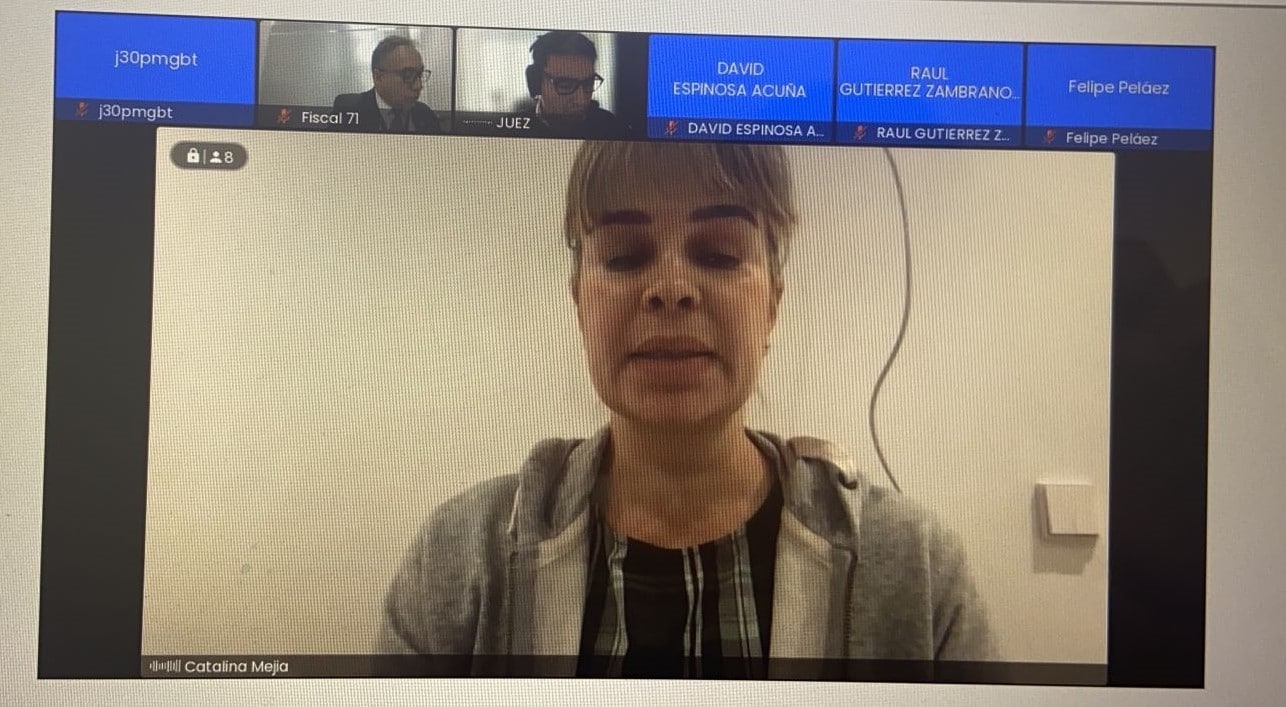
This brings us back to the upcoming audience on June 28, when Acevedo may leave prison. Should this happen, the chances of a conviction will drop significantly.
*In the interests of transparency, it should be stated that Guillermo Acevedo brought a charge of criminal libel against McDermott, the author of this article and the initial investigative series. The case has since been archived by the Attorney General’s Office for lack of evidence.

